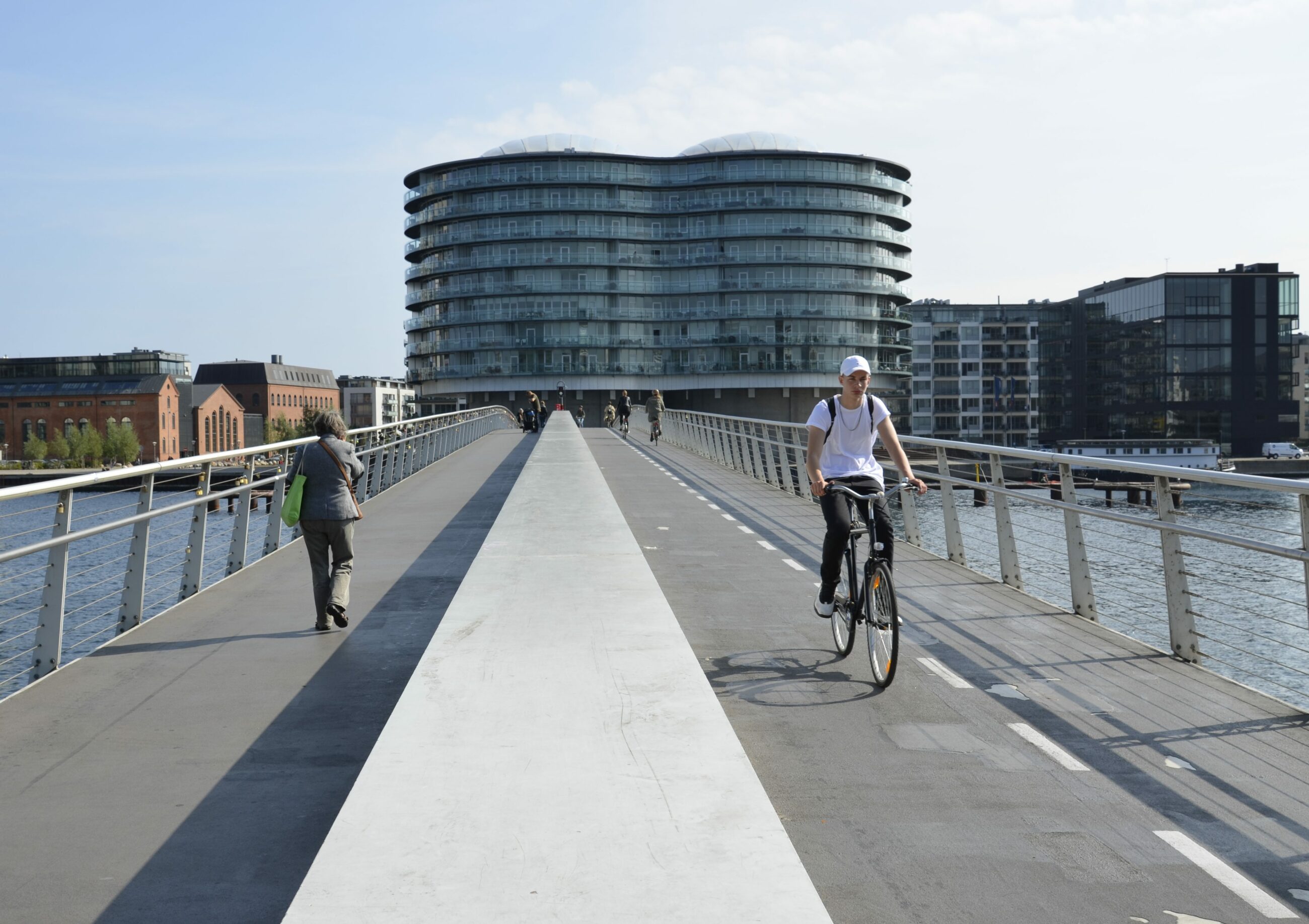News
Micromobility
Urban mobility
Commuters are Willing to Switch to Electric Bikes


Health and environment are the main reasons
Across Europe, the main reasons why people would make the switch to electric bikes are “to keep fit” (34 per cent) and “to protect the environment” (30 per cent) as well “to save money” (30 per cent). The European Cyclists' Federation (ECF) welcomed the research from Shimano “as these bikes are a great addition to the bicycle family" and " contribute to sustainable active transport by being available to substitute ever longer car journeys,” said Ádám Bodor, Advocacy Director of the ECF.
-Related solution: Bicycle super highways – An easy way of transportation by bike
Results show pros and cons
The research discovered that the Netherlands leads the charge of commuters with 47 per cent who would consider making the switch to e-bike commuting. Spain comes in just behind with 39 per cent, and Italy at 33 per cent. While numbers seem to correlate with the strong and well-established bike culture in certain European countries, Shimano Steps Brand Manager Jeroen Van Vulpen noticed a “huge growth in the e-bike market across all of Europe” as well as “the likelihood of widespread adoption of e-bikes to commute to work in the future.”
For the majority of European countries, findings showed that the main barriers to switching to e-bike commuting are “the possibility of bad weather” (37 per cent), “the cost of an e-bike” (34 per cent) and “commute being too far by e-bike” (31 per cent). Lowest on the list of countries with commuters willing to make the switch to e-bikes is the United Kingdom (11 per cent). This is well below the European average. The “possibility of bad weather” (43 per cent) and “arriving to work sweaty” (35 per cent) proved to be the main reasons for UK commuters to resist the switch to e-bikes.
-Related solution: Super Bike Paths increase capacity and flow
E-bikes in Denmark
The Shimano study found 21 per cent of Danish commuters would be willing to switch to an e-bike. According to the Danish Consumer Council, e-bikes have indeed become popular among commuters in Denmark as a more healthy and eco-friendly means of transportation.
Besides being a cheaper and more healthy alternative to the car, e-bikes may also encourage people to ride their bike more. A study from DTU Transport shows that people with electric bikes use their bike more often and for longer trips than ordinary bike owners.
However, what may cause a delay in switching to e-bikes in Denmark is the price - including the initial cost and the maintenance. A previous survey from the Danish Consumer Council revealed that many Danes experienced several defects with their e-bikes (particularly with cheaper versions) and that the reparations of e-bikes are more demanding than that of ordinary bikes.















